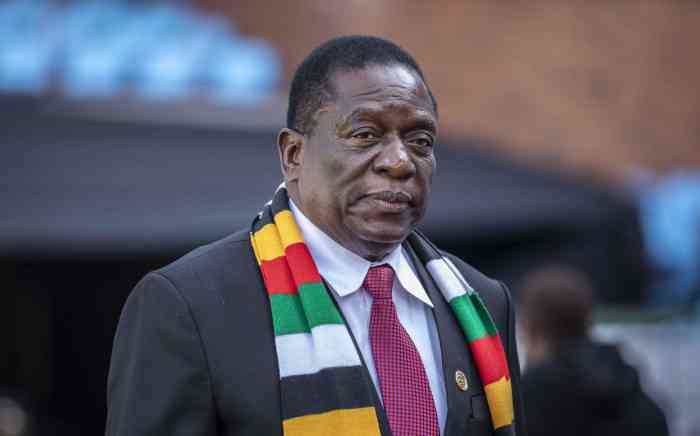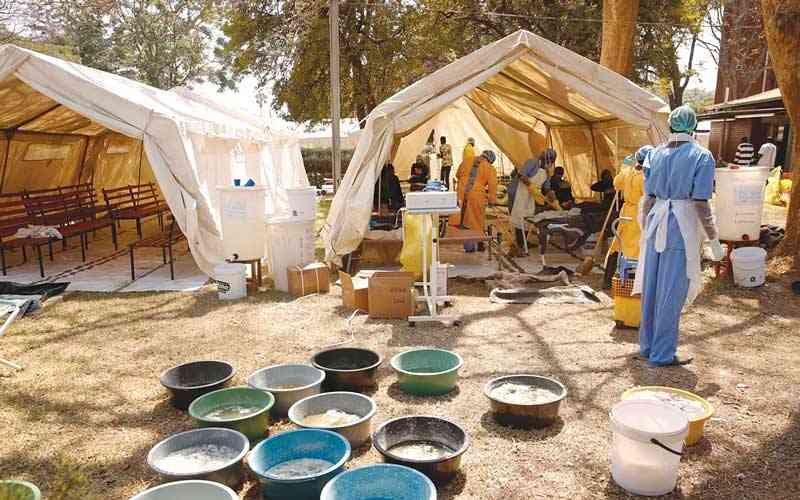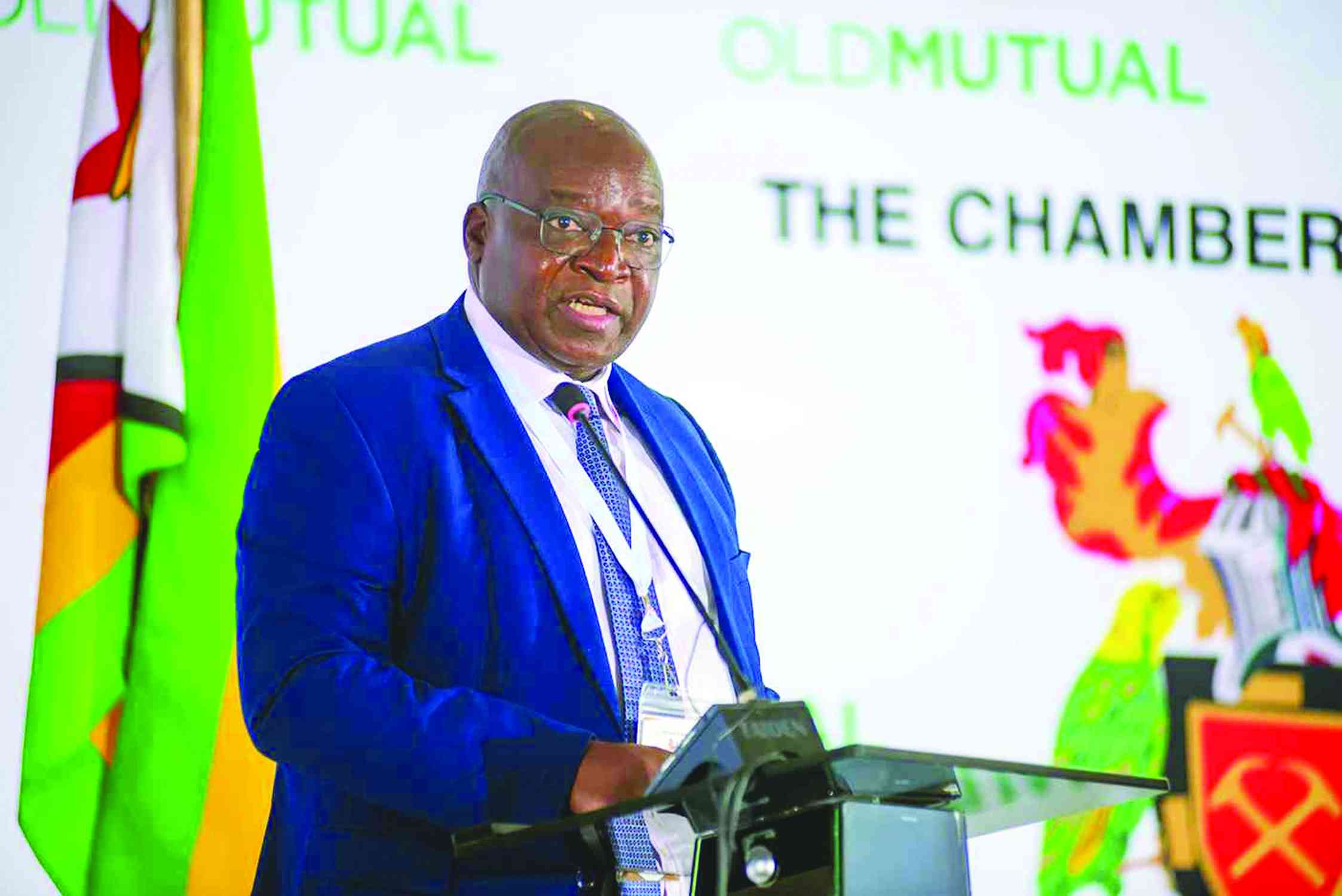
SINCE the turn of the millennium, elections in Zimbabwe have been hotly contested amid allegations of fraud and rigging.
The southern African country has been battling economic crises for the past two decades and has experienced bouts of hyperinflation, especially in 2008 when it reached a historic 500 billion percent.
But the ruling party has claimed victory in all polls despite the dire economic situation and the opposition always cries foul. In fact, when the United States and the European Union imposed sanctions on the regime of the late former President Robert Mugabe in 2001, one of the key premises was “electoral fraud”.
Mugabe, of course, denied the charge and countered that the sanctions were imposed in revenge for taking away land from white farmers to resettle landless blacks under the “fast-track” land reform programme.
But, the Zanu PF tactics have hardly changed: intimidation, violence, weaponising of the law and courts against critics and opponents, closing of democratic space, among others.
The use of shadowy groups to intimidate voters and foment chaos in opposition ranks is another favourite tactic. The ruling party, it seems, would do anything to stay in power despite presiding over what has become a basket case of an economy.
This year is no different.
Zimbabwe is facing its biggest economic crisis in a decade underpinned by a currency crisis. The Zimdollar has tanked against major currencies, especially against the United States dollar to which it has shed over 99% of its value.
- Mavhunga puts DeMbare into Chibuku quarterfinals
- Bulls to charge into Zimbabwe gold stocks
- Ndiraya concerned as goals dry up
- Letters: How solar power is transforming African farms
Keep Reading
Until recently, the economy has been reeling under rolling power cuts marked by 18-hour daily outages and shortages of foreign exchange.
Inflation is resurgent again. According to data released by the Zimbabwe National Statistics, annual inflation rose to 175,8% this month, up from 86,5% in May.
Month-on-month, it rose to 74,5% after gaining 58,8 percentage points on the May rate of 15,7%, reflecting the recent price crisis, driven by a sharp depreciation of the Zimdollar.
These figures are debatable, as ZimStat measures inflation using a “blended” average of US dollar and Zimdollar prices which critics say does not give an accurate picture of inflation in the economy.
It is obvious that President Emmerson Mnangagwa has struggled to unify the country since taking over from Mugabe in a 2017 coup.
Reports of intimidation and coercion are rampant, while critics say the government has stopped pretending to be democratic as he pushes laws designed to stifle dissent.
Early this month, Parliament approved the Criminal Law (Codification and Reform) Amendment Bill, a law which is basically designed to outlaw criticism of the government in the run-up to the elections in August.
There is also the PVOs Amendment Bill, which was approved by Parliament, and which critics say is designed to keep non-governmental organisations, which government accuses of pushing a regime change agenda, in check.
Both laws await Mnangagwa’s signature.
Mnangagwa, it appears, simply has no interest in holding free and fair elections or democracy as a concept. He just wants to retain power at all costs, even if it means condemning Zimbabwe to another five years of economic misery.







